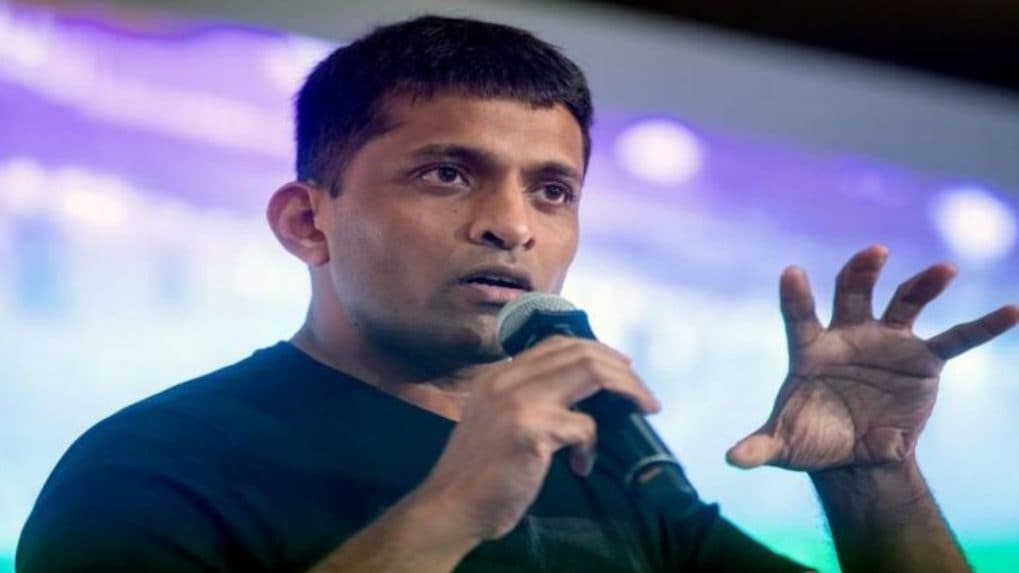Supreme Court rejects Byju Raveendran’s challenge to NCLAT ruling on BCCI settlement
In the interim, the CoC was constituted on 21 August, and the IRP eventually filed the withdrawal request on 14 November.
ADVERTISEMENT
The Supreme Court on Friday dismissed an appeal filed by Byju Raveendran against a National Company Law Appellate Tribunal (NCLAT) ruling that required the proposed settlement between Byju’s and the Board of Control for Cricket in India (BCCI) to be placed before the Committee of Creditors (CoC). The detailed judgment is awaited.
Raveendran had sought to overturn the NCLAT’s 17 April order, in which the Appellate Tribunal’s Chennai Bench refused to classify the settlement of BCCI’s claim as a pre-CoC arrangement. Instead, it directed that the settlement proposal be presented to the CoC of Think & Learn, the parent company of Byju’s, now undergoing insolvency proceedings, as reported by Bar anc Bench.
The NCLAT had also held that BCCI’s application to withdraw the Corporate Insolvency Resolution Process (CIRP) must be considered by the CoC, as it was filed only after the CoC’s constitution, thereby attracting Section 12A of the Insolvency and Bankruptcy Code (IBC), which requires creditor approval.
A Bench of Justices JB Pardiwala and KV Viswanathan declined to interfere with the NCLAT’s reasoning, effectively affirming that position and dismissing Raveendran’s plea.
The insolvency proceedings stemmed from a petition filed by BCCI under Section 9 of the IBC for the recovery of dues amounting to ₹158.90 crore. The National Company Law Tribunal (NCLT) admitted the petition on 16 July 2024. Byju’s subsequently reached a settlement with BCCI, which the NCLAT approved in July 2024. However, the Supreme Court on 23 October, acting on an appeal by US-based financial creditor Glas Trust, set aside the NCLAT’s approval of that settlement and directed BCCI to approach the NCLT afresh.
BCCI submitted Form FA — the application for withdrawal of the CIRP — to the Interim Resolution Professional (IRP) on 16 August 2024, but instructed that it be filed only after the disposal of a pending Supreme Court appeal. In the interim, the CoC was constituted on 21 August, and the IRP eventually filed the withdrawal request on 14 November.
The central question before the NCLAT was whether the withdrawal application should be treated as having been filed prior to the CoC’s constitution, which would invoke Regulation 30A(1)(a) — a provision allowing withdrawal without CoC approval. The appellants argued that because the settlement and the submission of Form FA to the IRP occurred before the CoC existed, their rights should not be affected by procedural delays in filing before the Adjudicating Authority.
The NCLAT rejected this argument, ruling that the date of filing before the tribunal, not the date of submission to the IRP, determines the applicable regulatory framework. It further dismissed claims that the IRP had breached Regulation 30A(3) of the IBBI’s Insolvency Resolution Process Regulations by delaying the filing.
These findings led to the present appeal before the Supreme Court, which has now upheld the NCLAT’s interpretation.
Senior Advocate Navin Pahwa represented Byju Raveendran, while Glas Trust and Aditya Birla were represented by Senior Advocates Kapil Sibal and Shyam Divan.

